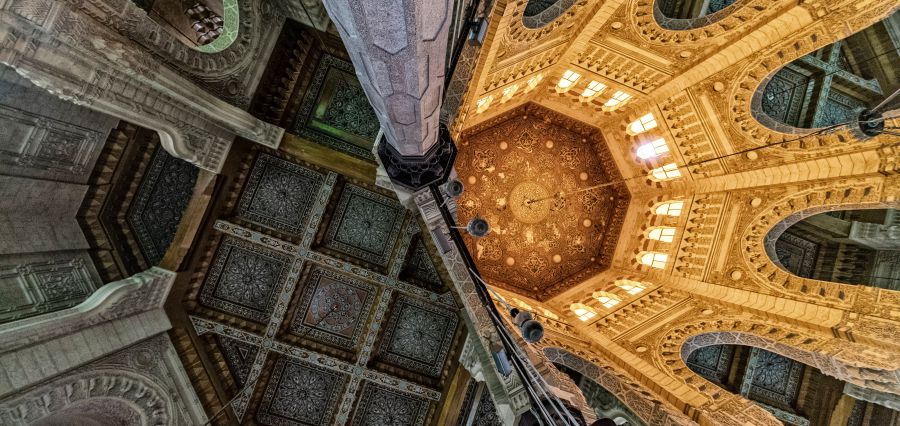Alexandria is a coastal city located on the Mediterranean Sea in northern Egypt. It was founded in 331 BC by Alexander the Great. Once, it was the most vibrant cultural center of the ancient world, even rivaling Athens, Greece. Alexandria is one of the largest cities in Egypt and also serves as a major seaport and industrial center.
Founding of the City of Alexandria
Alexander the Great founded Alexandria in 332 BC as the capital of his new Egyptian territory and a naval base. The site, including the ancient settlement of Rhakotis, was chosen for its abundant water supply from Lake Mariout and the excellent harbor of the island of Pharos.
Alexander envisioned a great city on Egypt’s coast to unite the East and West, choosing the site of present-day Alexandria for its strategic location, natural harbor, and proximity to the Nile Delta. This made it an ideal center for commerce and maritime activities.
During his stay in Egypt, Alexander was declared the new Pharaoh. However, his ambitious dream ended with his sudden death in 323 BC. His trusted commander and successor, Ptolemy I Soter, then took on the responsibility of establishing the city, which served as the capital of Ptolemaic Egypt for several centuries.
The Importance of the City of Alexandria and Its Main Landmarks
The museums, antiquities, and sites in Alexandria offer insights into the end of Pharaonic Egypt, which is familiar to most people, while also showcasing the Roman, Greek, and Ptolemaic eras in Egypt more prominently. They provide a brief look into a part of Egypt’s history that is often overlooked by many ordinary tourists.
Alexandria was a leading intellectual hub known for its extensive library and the Museum, which housed renowned scholars like Euclid and Eratosthenes. It was also a center for scriptural studies, including the commissioning of the Septuagint. The city’s reputation attracted people from diverse backgrounds and professions.
The Great Library of Alexandria was a major center of learning in the ancient world and attracted scholars, scientists, and artists from various empires. Its legacy endures today through sites where visitors can explore its historical impact.
Qaitbay Castle in Alexandria, Egypt, built in the 15th century on the island of Pharos, is an intriguing site to explore, though it lacks the mystery of the ancient Lighthouse of Alexandria. The fortress dominates the Corniche skyline and offers stunning views of the bay.
References




